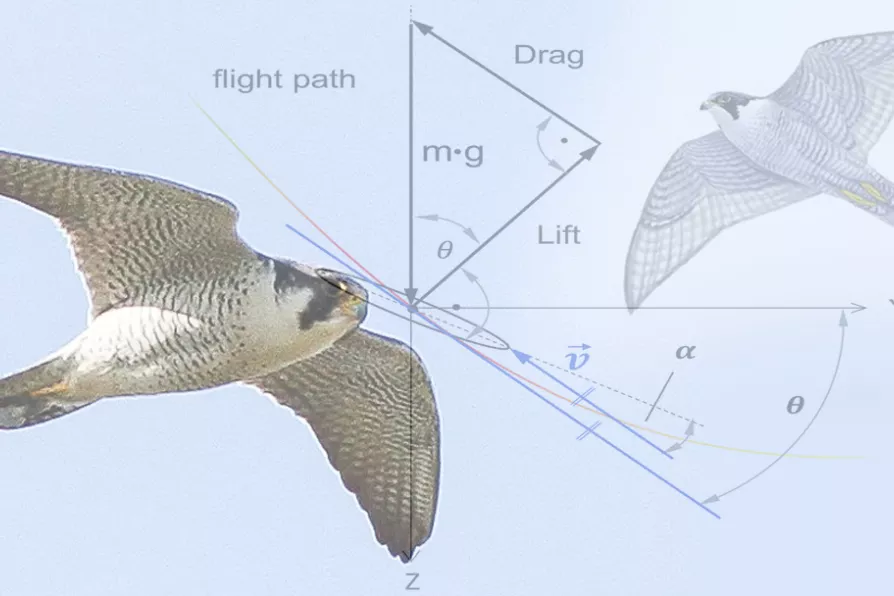As tens of thousands return to the streets for the first national Palestine march of 2026, this movement refuses to be sidelined or silenced, says PETER LEARY

 The researchers noticed that there were two clear groups of birds: short-distance and long-distance and by looking at the bird’s genomes, they report evidence that this difference might have genetic causes
The researchers noticed that there were two clear groups of birds: short-distance and long-distance and by looking at the bird’s genomes, they report evidence that this difference might have genetic causes
PEREGRINE FALCONS are known for their speed: when one dives from a great height at more than 320km (199 miles) per hour, for a brief moment it will be the fastest animal on Earth. But they are also endurance flyers, migrating thousands of kilometres.
In a new study published in Nature, an international team of researchers investigated peregrine migration. As they note in their response to one peer reviewer who complained about the relatively small size of the dataset, “for a top predator living in the remote Arctic” only accessible in “short Arctic summer breeding windows,” they did pretty well: they tracked 56 birds and took blood samples from 35 individuals.
The peregrines in the study breed in the Arctic north, along the top of Russia and migrate south to a huge variety of locations: northern Africa, India, China and Indonesia. By putting satellite trackers on birds and watching their flight patterns over multiple years, the researchers hoped to be able to understand why the birds took the routes they did.

What’s behind the stubborn gender gap in Stem disciplines ask ROX MIDDLETON, LIAM SHAW and MIRIAM GAUNTLETT in their column Science and Society

A maverick’s self-inflicted snake bites could unlock breakthrough treatments – but they also reveal deeper tensions between noble scientific curiosity and cold corporate callousness, write ROX MIDDLETON, LIAM SHAW and MIRIAM GAUNTLETT












